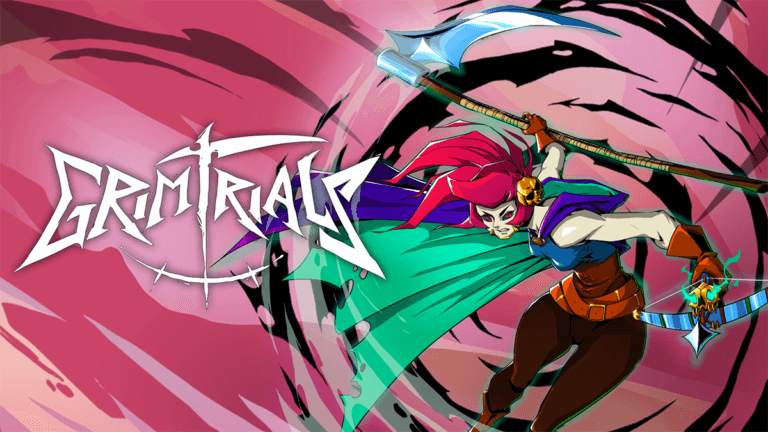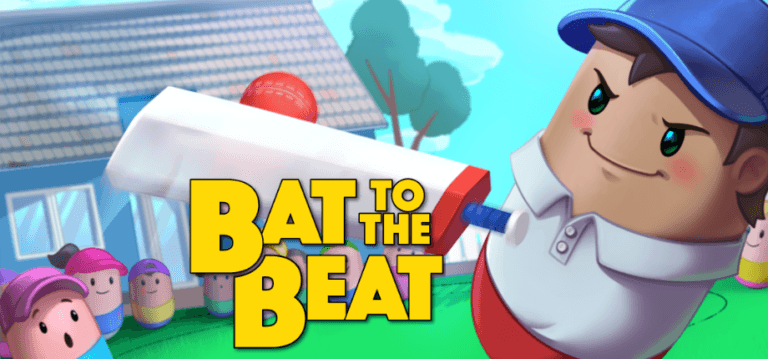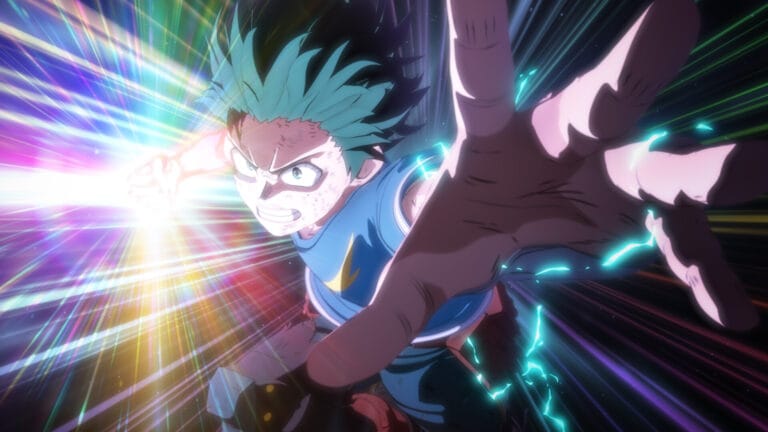
The 2024 Game Awards delivered plenty of surprises, but none have caused as much uproar as the announcement of Catly, a new title shrouded in mystery and controversy. Presented during a brief yet visually striking trailer, Catly was introduced as an “immersive narrative adventure” with lush visuals and cryptic promises of AI integration. However, just days after the reveal, Catly finds itself at the center of heated discussions about the role of artificial intelligence, blockchain technology, and transparency in gaming.
Here’s what we know about Catly, the backlash it’s facing, and why gamers are questioning its motives.
The Game Awards Reveal: Beautiful but Vague
During the show, the Catly trailer showcased a richly animated world featuring a feline protagonist navigating surreal, dreamlike environments. The visuals and music captivated audiences, and social media buzzed with excitement immediately following the reveal. However, as the trailer ended, it left viewers with more questions than answers. The tagline—”A story shaped by your choices, powered by AI”—raised eyebrows, sparking both curiosity and concern.
Many fans were excited about the potential of AI-driven gameplay. Could this be the next evolution in narrative games? However, the lack of concrete details about the game’s mechanics, studio, or even release window led some to dig deeper into its origins.
The Controversy Unfolds
It didn’t take long for the gaming community to uncover troubling information about Catly. Within hours of the trailer’s debut, Reddit threads on r/Games and r/TwoBestFriendsPlay began questioning the game’s ties to artificial intelligence and blockchain technology. Users unearthed links between the developers of Catly and several AI-focused startups, as well as blockchain gaming initiatives.
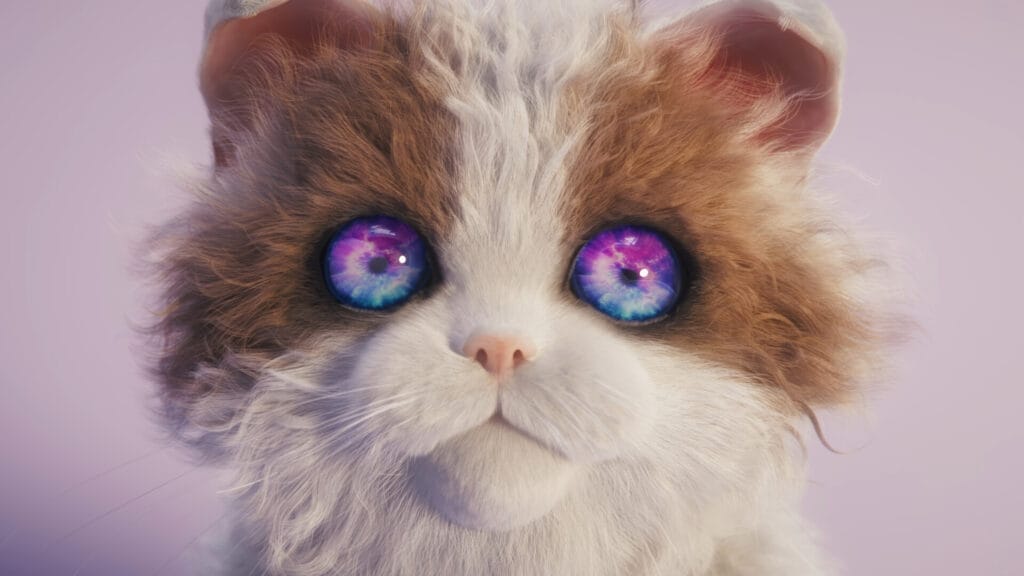
One Redditor pointed out connections between Catly’s creative team and companies previously criticized for developing NFT-based gaming platforms. Another noted that some of the imagery in the trailer bore a resemblance to AI-generated art, fueling accusations that the game may rely heavily on AI to cut costs rather than to innovate gameplay. These discoveries added to growing skepticism around the project, with many questioning whether the game’s promise of “AI-driven narratives” was more than a buzzword.
The AI Debate: Revolution or Shortcut?
At the heart of the controversy is Catly’s claim to be “powered by AI.” While artificial intelligence has the potential to revolutionize gaming—enabling adaptive storytelling, dynamic environments, and personalized player experiences—it also raises ethical and creative concerns.
Adding fuel to the fire, some gamers have expressed fears that Catly could exploit blockchain technology under the guise of AI. The connection to NFT and blockchain gaming ventures has raised red flags, with players speculating that Catly might include monetized AI-generated content, such as paid narrative branches or cosmetic items. This has led some to accuse the developers of prioritizing profit over artistic integrity.
A Growing Backlash Online
The gaming community’s reaction has been intense. Social media platforms, particularly Twitter (now X), are filled with posts criticizing the lack of transparency surrounding Catly. Prominent users, including streamer @NotPeashyBee, have called out the developers for failing to address community concerns directly. In a widely shared tweet, they wrote, “Catly looks pretty, but if it’s just AI art slapped onto a blockchain scam, I’m out. We need real innovation, not this smoke and mirrors nonsense.”
Others have questioned why the Game Awards, a high-profile event, gave a platform to such a controversial project. Some fans believe the organizers should have done more due diligence before featuring Catly during the ceremony.
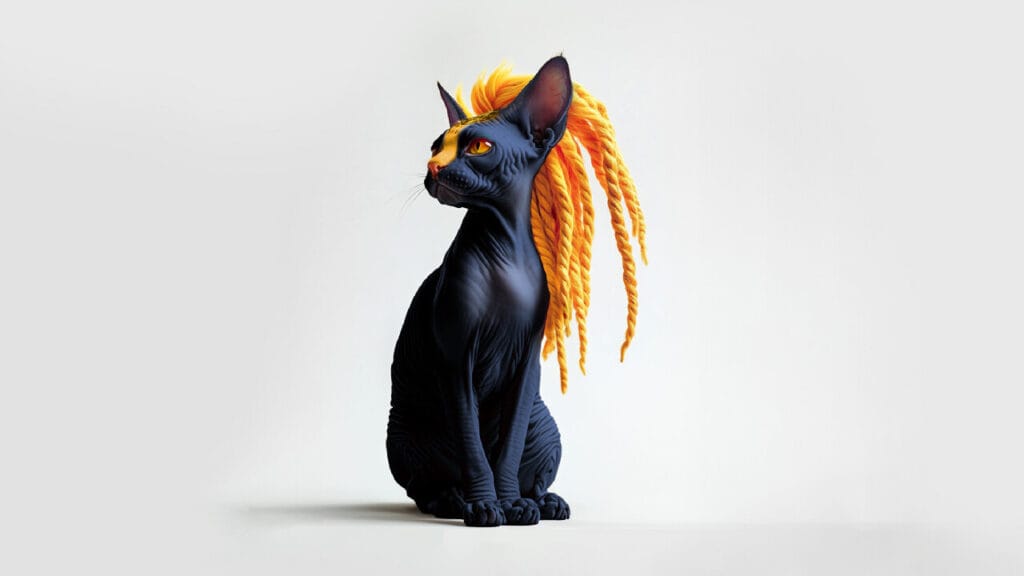
Transparency and Trust: What Gamers Want
The controversy surrounding Catly highlights an ongoing issue in the gaming industry: the importance of transparency. Players want to know how games are made, what technology is being used, and whether their purchases support ethical practices. The growing prevalence of AI and blockchain technologies has heightened these concerns, as both have faced criticism for their potential misuse.
For Catly to win back trust, the developers need to address the community’s questions head-on. Are they using AI to enhance creativity, or is it a shortcut to reduce costs? Will blockchain play a role in the game, and if so, how? These are critical issues that need clear, honest answers.
What’s Next for Catly?
As of now, the developers behind Catly have not responded to the allegations, leaving the gaming community in limbo. The game’s potential remains undeniable—AI-driven narratives could redefine how stories are told in games—but the controversy threatens to overshadow its promise.
If handled correctly, Catly could become a case study in how to integrate AI ethically and transparently into game development. But without open communication, it risks becoming yet another cautionary tale about hype-driven reveals and the misuse of emerging technologies.
For now, gamers are left with more questions than answers, and Catly has a long way to go to prove it’s more than just another overhyped project. The coming months will determine whether it can live up to its potential—or fall victim to the skepticism it has sparked.
